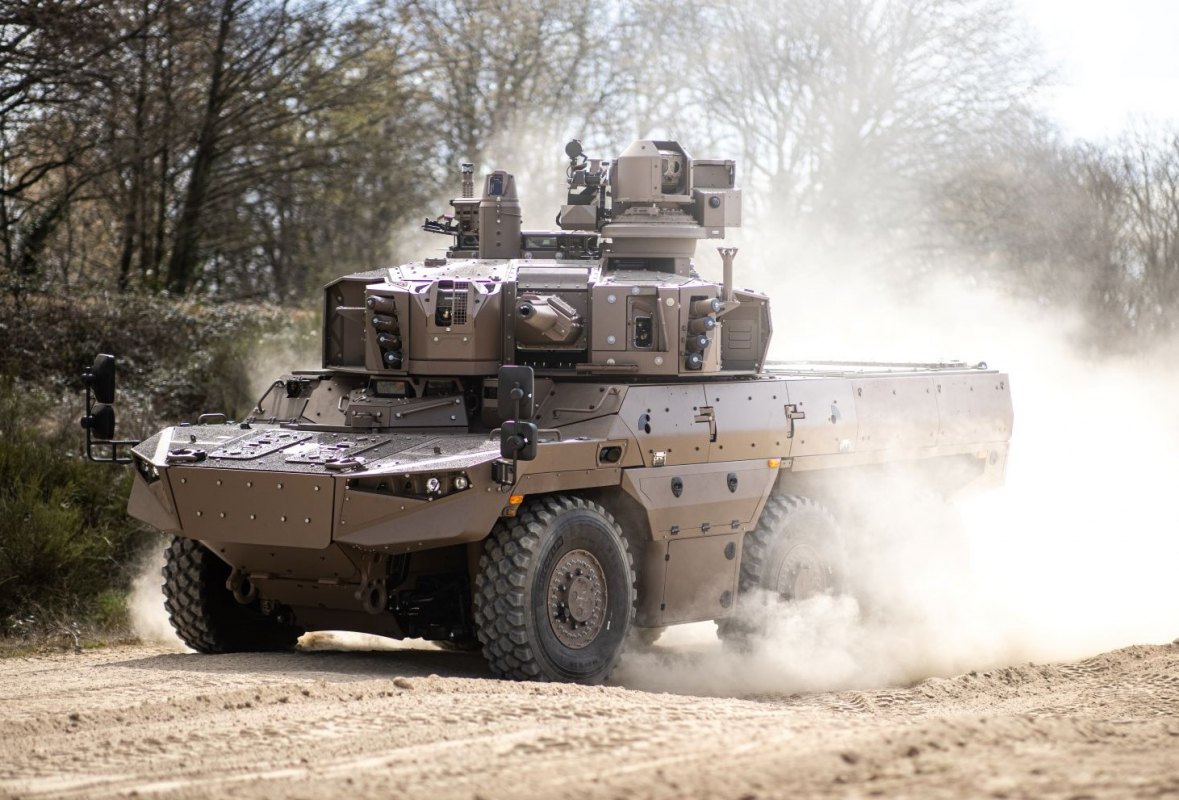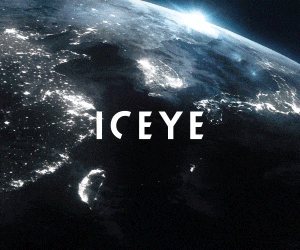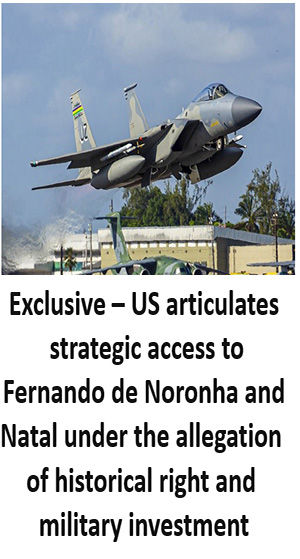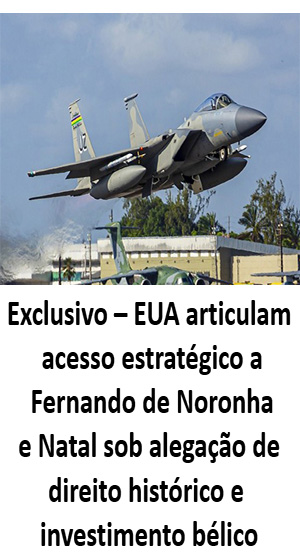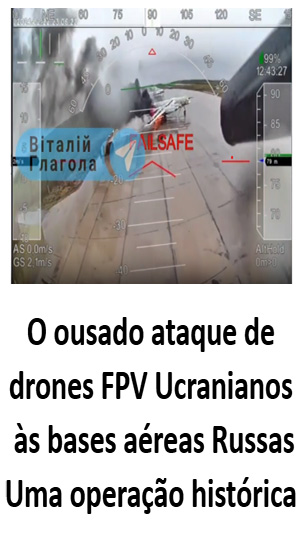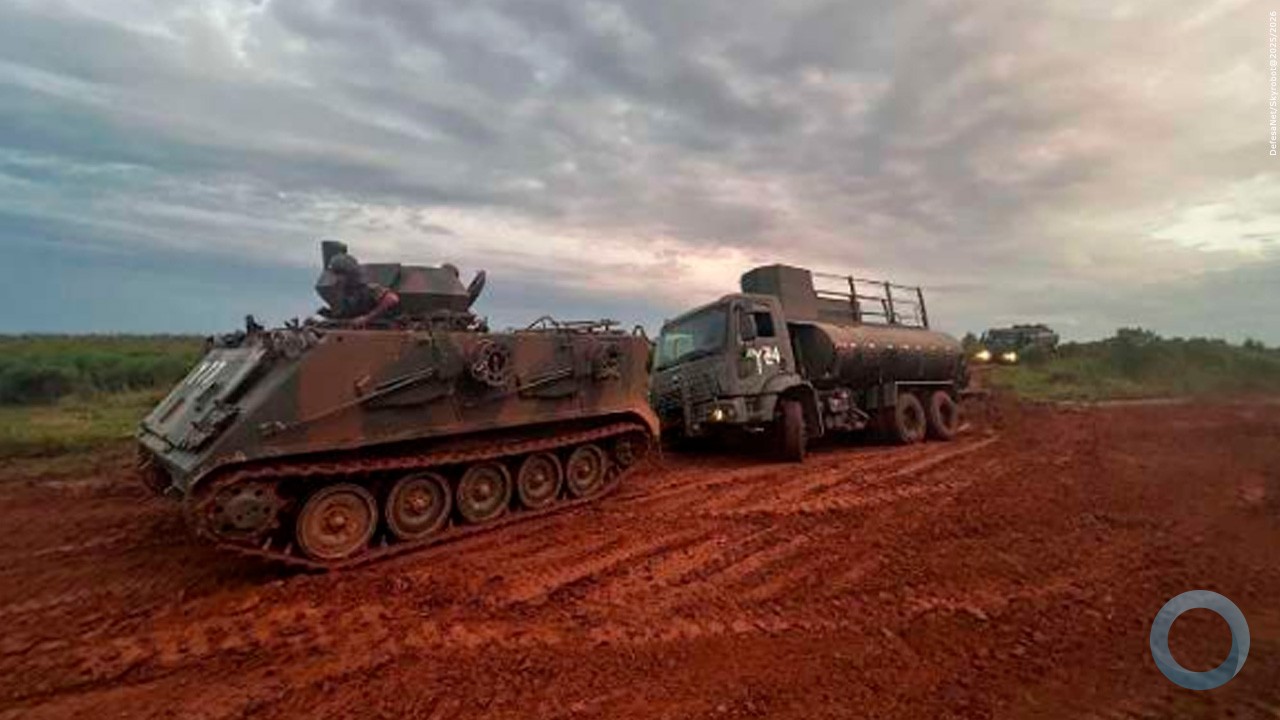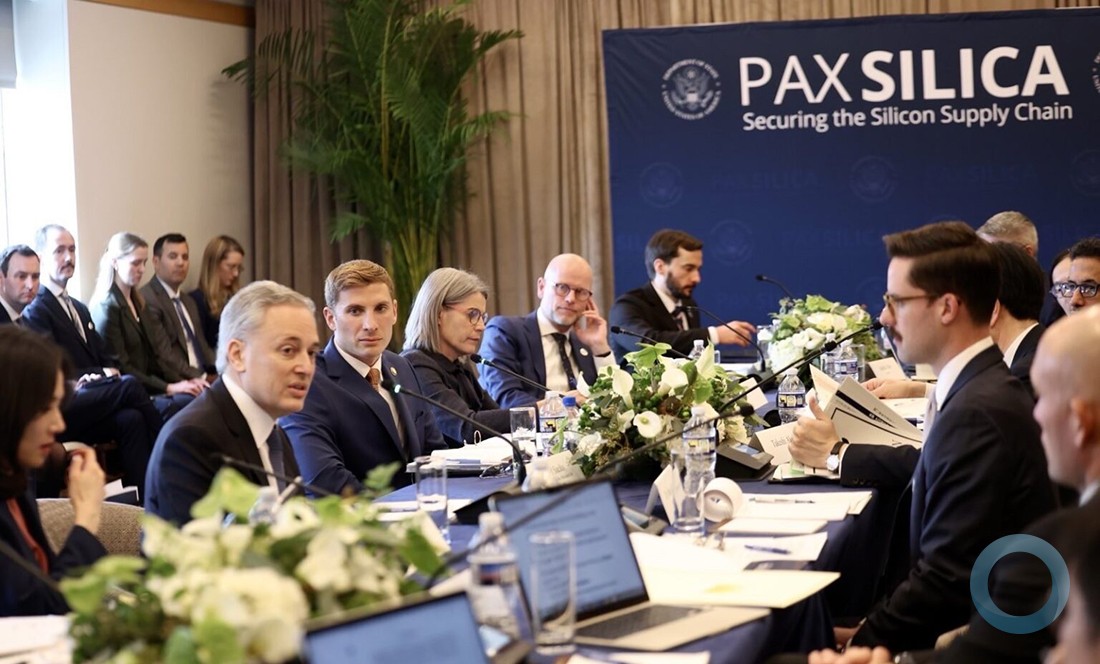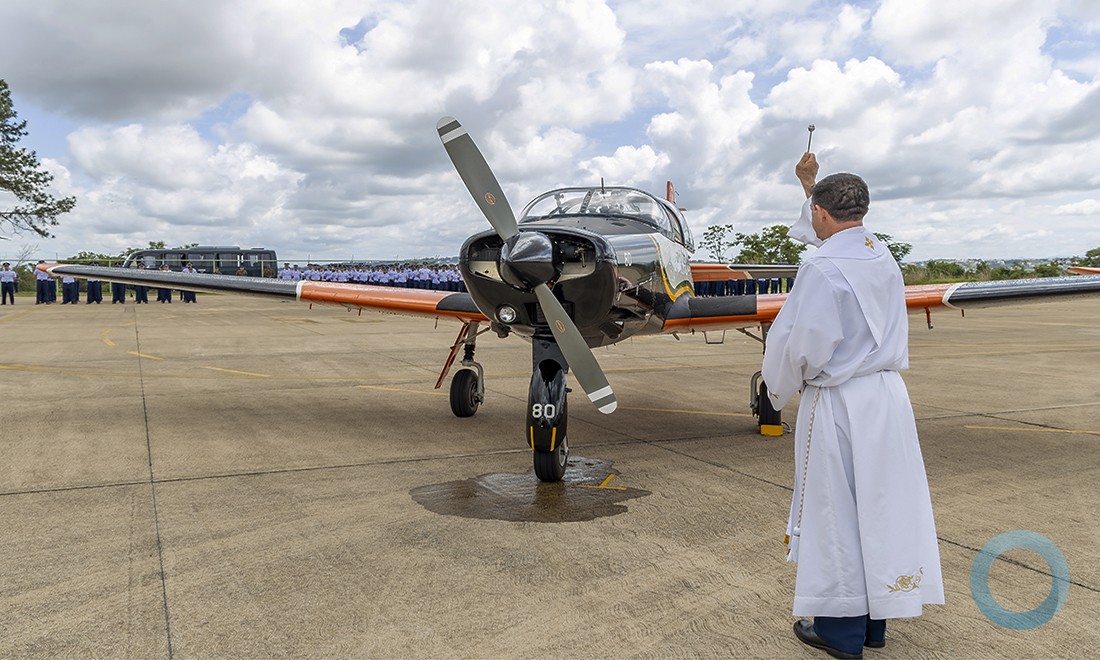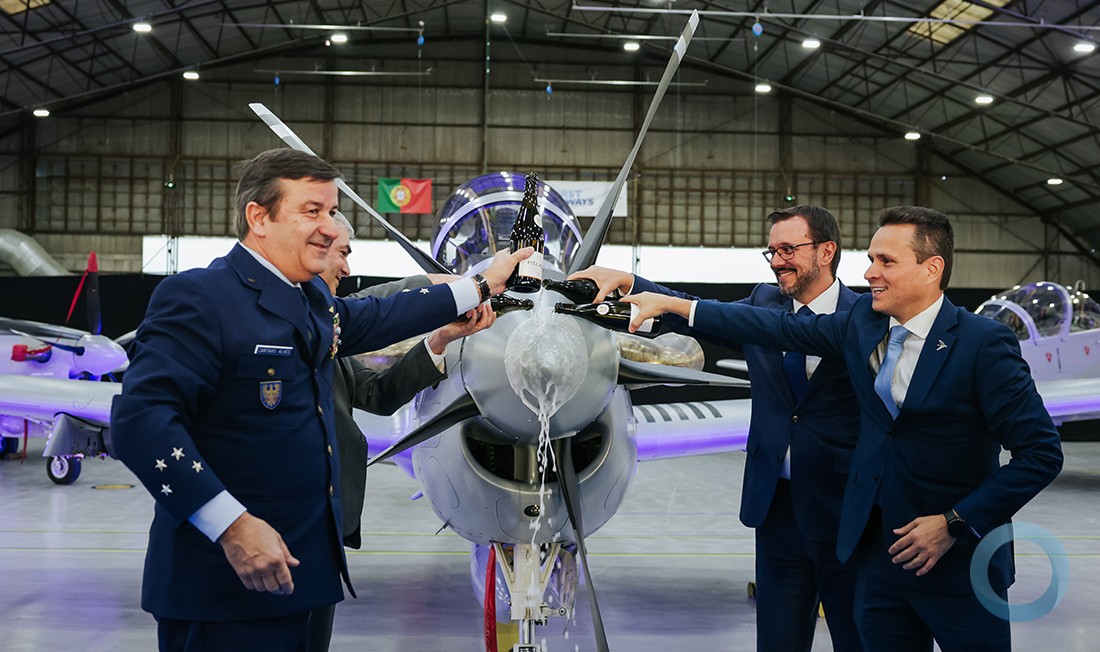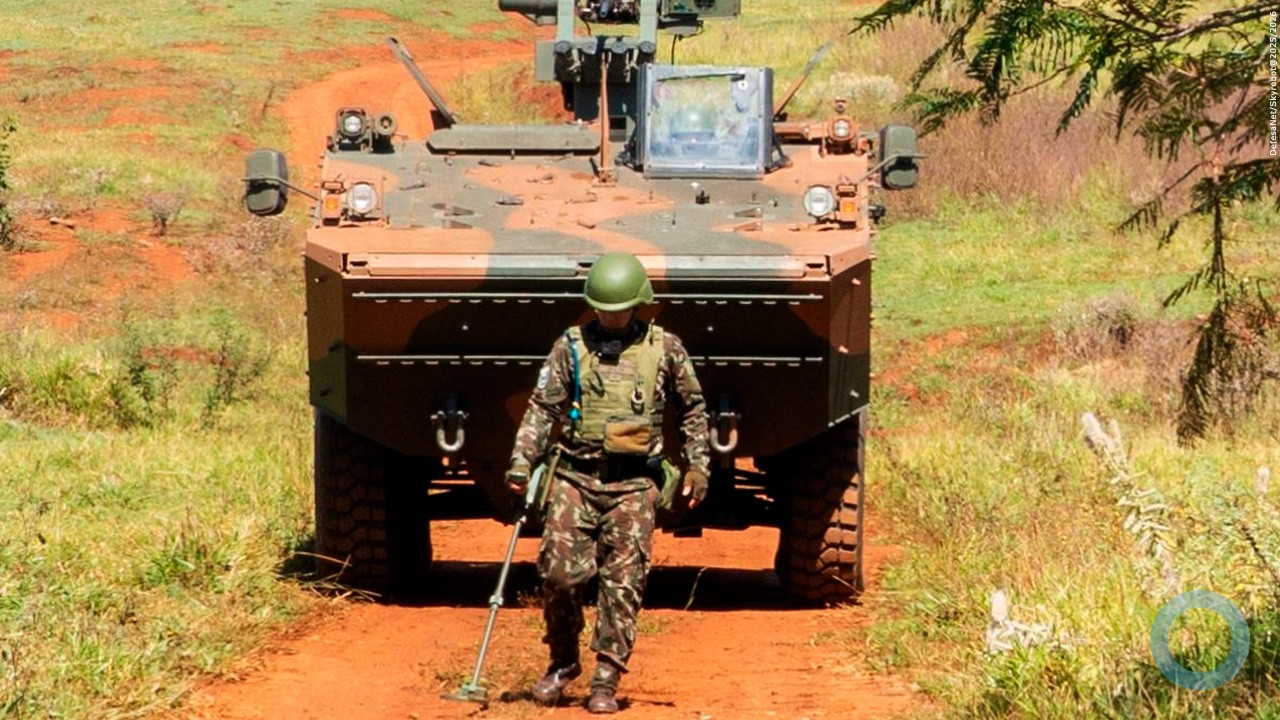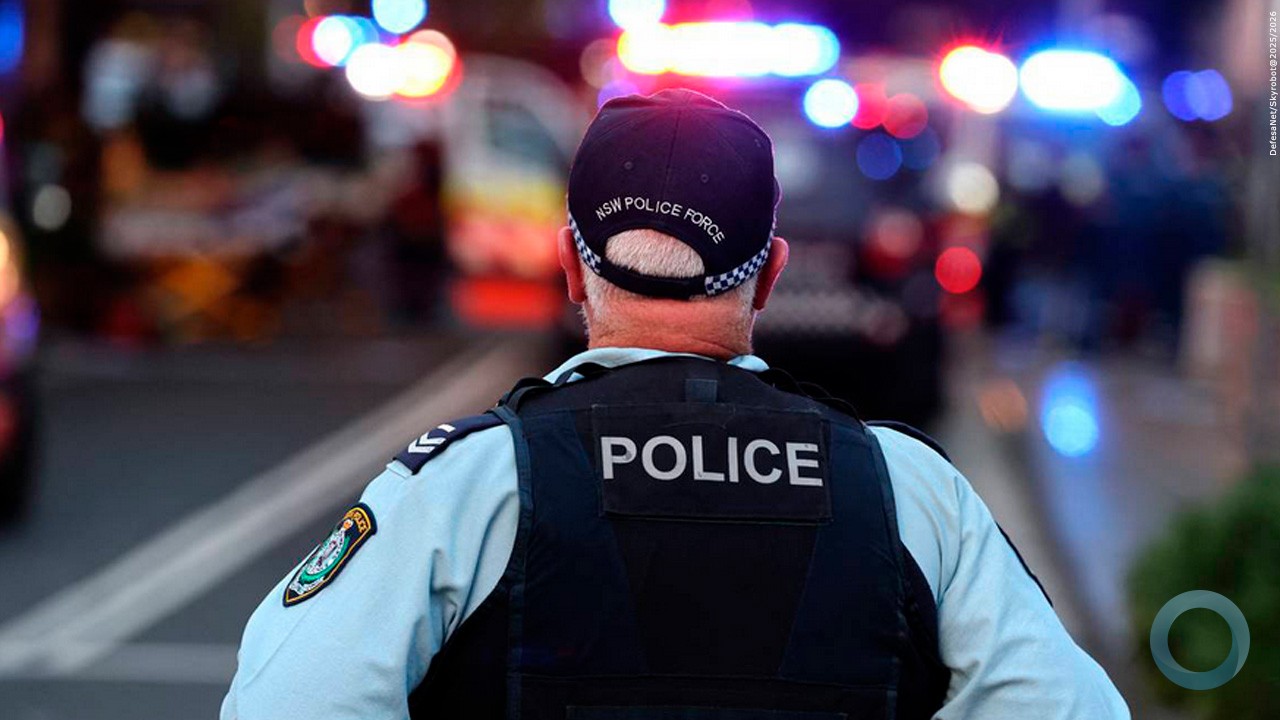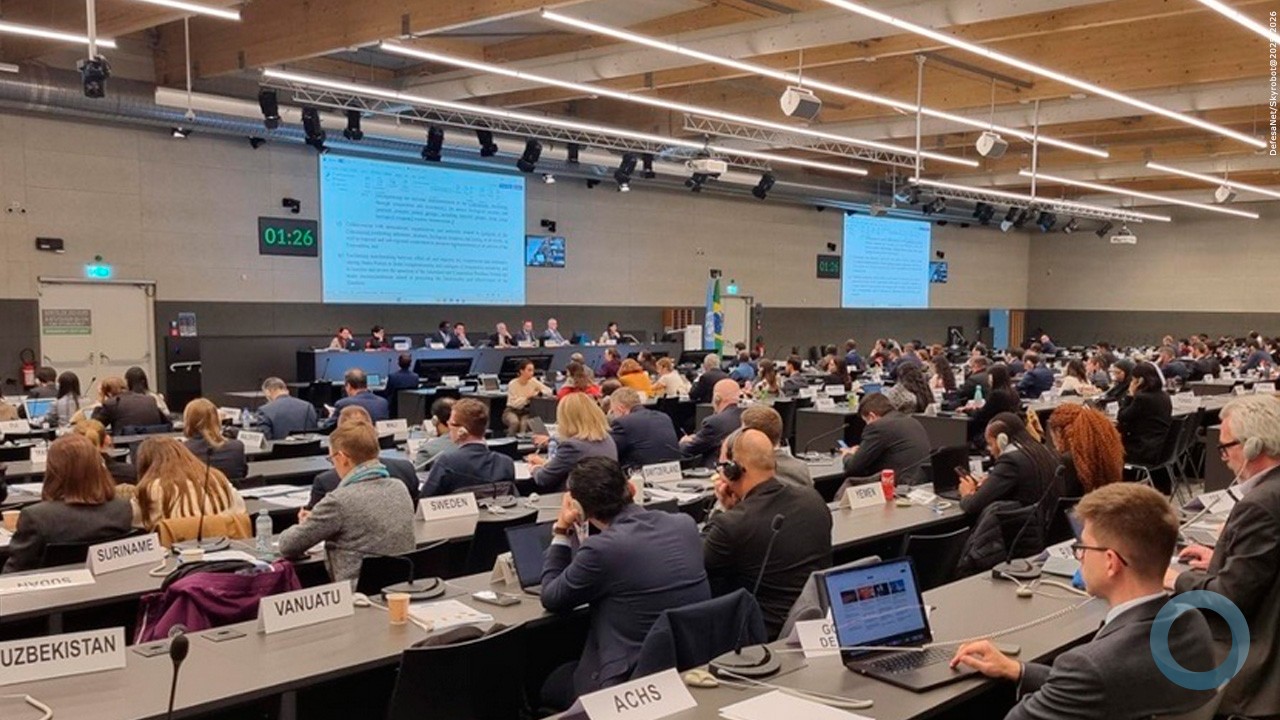Livefist – Índia
The Indian Army has just signaled what could finally be the start to a major contest for the country’s next battle tank platform to replace an ageing fleet of 2,414 Soviet-origin T-72 tanks. The Army this week invited interest from industry across the world to develop of a Future Ready Combat Vehicle (FRCV), an armoured platform that will be the base, primarily, for a main battle tank, but also other fighting vehicles in the future, totaling nearly 2,000 units.
The Army hopes to see the first of these enter service in the 2025-27 time frame. The FRCV isn’t to be confused with the similarly large Future Infantry Combat Vehicle (FICV) programme, that involves a contest to build and supply over 2,000 new vehicles to succeed the Army’s BMP-IIs, a contest currently being fought by Indian private sector firms including L&T, Tata, Reliance and Mahindra.

IFV BMP 1 / 2 to be replaced by Future Infantry Combat Vehicle (FICV) Program.
India currently operates fleets of Russian origin T-72 and T-90 tanks, with a much smaller fleet of indigenously developed Arjun tanks. The latter platform has fought for years for relevance and numbers in a system that appears bent on moving on from the troubled programme. The FRCV, in many ways, only amplifies the Army’s push for a big refresh in the fighting vehicles sphere, stripped of past afflictions and cross-purposes. To acquire a sturdy and modular base platform that can quickly be spun off into a variety of specialised fighting vehicles.
The Army’s request for information published this week calling the attention of interested vendors is only the latest leg of a process that gathered pace over two years ago. In June 2015, setting down the contours of its interest, the Army had said it was seeking.
“[D]evelopment of futuristic combat vehicle for induction by 2025-27. This fighting vehicle needs to be developed on a modular concept as part of a family of combat vehicles. The Tracked Main Battle Tank will be the primary/base variant and the entire project will be called the Future Ready Combat Vehicle (FRCV). A ‘Future’ Combat Platform design must cater for ‘future’ battlefield environment and technological possibilities. To address the future battlefield scenario and the envisaged force profile in the coming years, the FRCV needs to be developed on a modular concept with a high degree of flexibility in a manner that, as a tank platform, it can address the varying requirements of different terrain configurations. At the same time it can provide the base on which a ‘Family of Vehicles’, catering to the operational needs of various arms of the Army, can be developed.”
To be driven by the ‘Make’ category under the MoD’s Make in India rules, the Army describes the FRCV as a ‘medium weight (45-50 ton) platform required to operate across developed / semi desert/desert terrain and in high altitude areas across the entire spectrum of conflict’. The three-stage contest begins with a design competition, for which global tank houses will drawn in through an RFP. The Directorate General of Mechanised Forces will then then choose a winner, passing them down to a prototype development and production stage. The three-stage process is unprecedented in Indian Army contracting history.
The FRCV programme is, in essence, the Army’s rejection of a handful for indigenous proposals that it clearly isn’t comfortable with.. The existing efforts include the DRDO’s Future Main Battle Tank (FMBT), which tentatively looks to give the Army a brand new indigenous main battle tank, and the short-lived Tank-X effort. The FMBT’s thrust has been severely hampered since it had hoped to draw momentum and energy off the success of the Arjun project. The latter, now in a delayed Mk.2 development trial process, will never be fielded in large numbers. Certainly nowhere near the economics necessary to amortize investments in it, or to brandish it as a reason to look forward to the proposed FMBT.
With the FRCV in the mix, the Army’s new armoured orbat settles as follows: the T-90/T-90S tanks remain the overwhelming mainstay followed by a much smaller fleet of modernised/modified T-72s. A handful of Arjun Mk.1/Mk.2 regiments — more more than four — will form the tail end. The FRCV’s ambitious expanse means the Arjun just got squeezed a whole lot more.






